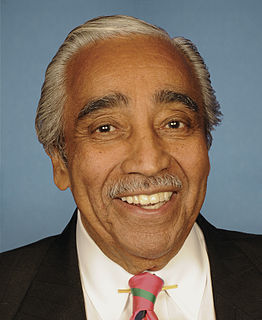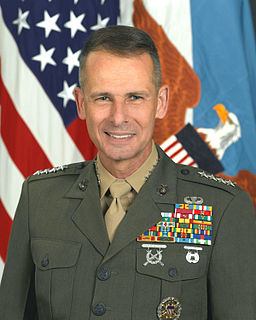A Quote by Doris Kearns Goodwin
Where's the progress that we're going to see in Afghanistan? You have to keep public support both on the economy and the war or these things will really become troubling.
Related Quotes
Yes and no. Because America has only about 1 percent of the population serving in the military, it is hard for many civilians to understand the sacrifices military families make. However, my experience is that after the Vietnam War, the public learned that they should support the military whether or not they support the war. You've seen that outpouring of support for the veterans of both Iraq and Afghanistan.
World War II was really unusual, because America was in the Great Depression before. So the war did help the US economy to get securely out of this decline. This time, the war [in Iraq] is bad for the economy in both the short and long run. We could have spent trillions in research or education instead. This would have led to future productivity increases.
In an election like this one [in 2016], not only are voters dissatisfied, but where the foundations of our economy, our democracy, our ecosystem, and international war and peace are really crumbling and are really at grave risk for failing in many ways, we need desperately to have an honest public conversation about both the track record of where we've been, what are the critical problems we are facing and what it will take to solve them.
We will never win this war until we understand the effect that Guantanamo Bay has had on the overall war effort. And we'll never get the support of the American people if we can't prove to them that these folks that we're dealing with are not common criminals. We're going to keep them - keep you safe from them.
If your intentions are already bad, and then you still make giant mistakes, it seems like things just get worse. I get little joy seeing this, because what I don't see is the public saying, "Wow, those guys are really bad, maybe we should re-evaluate everything." I don't see that response with the scandals, I don't see it with the indictments, I don't see it after Katrina, I don't see the public going, "Wow, let's really re-examine the entire direction this country is going."
To me, you can't win. You can't win. There's a war in Iraq; there's no way that they're ending that. The war in Afghanistan is still going on. There's no way that's going to end anytime soon. You can complain about it, you can throw rocks at it, but you really have to come to the conclusion that this is a really twisted place sometimes and some stuff you're not going to win.
This new economy that's just emerged has a new central economic actor. It's not the worker, the person who produces, nor the person who consumes, the purchaser. It's a new actor that does both things at the same time, call them a creator. They both create and consume in the same single act, and we're just beginning to see the shape of this new economy and it changes not just the economy itself, it's going to change the whole nature of the work relationship.








































